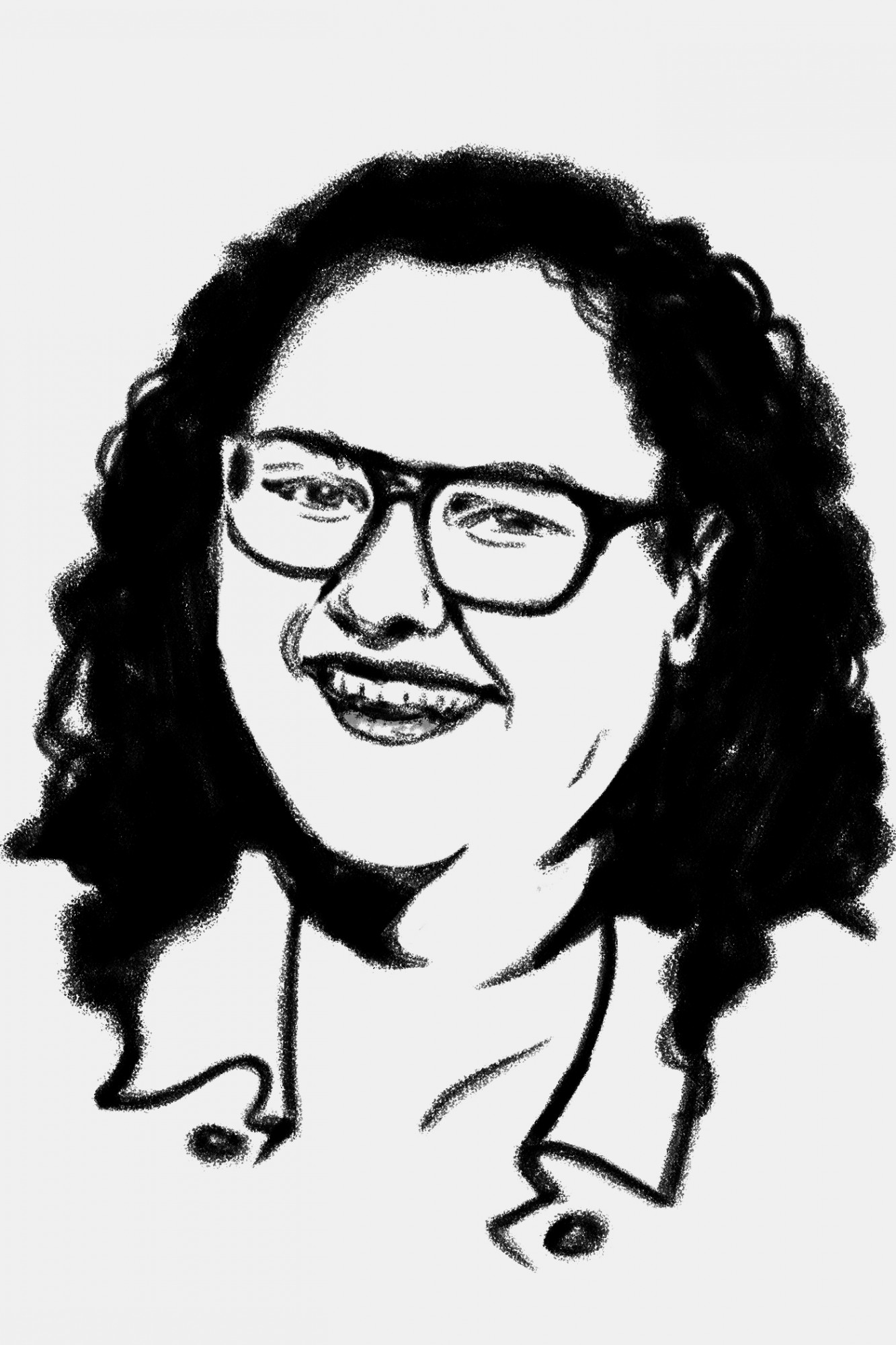Say her name.
Oluwatoyin Salau. Janet Wilson. Breonna Taylor. Sandra Bland. Tanisha Anderson. Dominique “Rem’mie” Fells. Riah Milton. Dominique Clayton. Michelle Cusseaux. Mya Hall. Rekia Boyd. Yvette Smith. Pamela Turner. Atatiana Jefferson. Miriam Carey.
In the wake of George Floyd’s death, our country, and the entire world, experienced a collective wake-up call in the fight for Black people’s civil rights. While those of us in the Black community mourn the loss of another one of our brothers, many of us are not shocked by what transpired on 38th and Chicago. Police have a history of brutalizing the Black men in our community. Their displays of power date back to the days of slavery. But Black women, especially those in the queer community, have continuously been ignored, brutalized and sexualized with their stories erased throughout our history.
I’m a Black woman. I’ve been on the receiving end of racial slurs and profiling. The idea that we get the shortest end of an already-short stick is not a novel concept to me. But waking up every morning these last few weeks to hear the news of another Black woman killed or targeted and attacked has instilled a new level of fear in me, for myself and for my loved ones, every time I leave the house.
What’s most troubling, yet least surprising, is that law enforcement consistently ignores or even perpetuates violent crimes against Black women. It has been nearly 100 days since Breonna Taylor was killed sleeping in her own home. The officer responsible was recently fired but has yet to be arrested. Oluwatoyin Salau was invited into the home of her assailant, who offered her a place of refuge after she had shared that she was previously sexually assaulted and left with no place to stay. In what she thought was a safe place, Salau was reportedly raped and killed, then declared missing for days. Our policing and social structures failed both women, resulting in their lives ending prematurely. If not for social media, there’s a fair chance their stories would go undetected and untold.
Black trans women are even more disproportionately affected. The majority of the 26 trans women killed in 2019 were Black women. Riah Milton and Dominique “Rem’mie” Fells were killed within the last few weeks, and the world was reminded of that added layer of fear that Black women face who are a part of the transgender community. It also reminded me of the importance of fighting for justice for all Black lives. That notion wasn’t something I was questioning before, but it was an aspect in which I lacked accountability. What had I been doing to listen and support my Black trans brothers and sisters? In what areas do I need to step up?
I’ve seen the term “we’re only as good as our weakest link” circulate throughout the last few weeks on Twitter, with regard to organizing and protesting on the front lines. I’m angered every time I hear the word weak attributed to the trans community. Trans men and women, especially those in the Black community, are among the strongest and most courageous. Maybe the tweet’s intent was not malicious, but those eight words completely diminish the innovations and the contributions that the trans community have graciously shared with the cisgendered world.
From Marsha P. Johnson’s work with Sylvia Rivera to found the Street Transvestite Action Revolutionaries, to CeCe McDonald’s fight against the discrimination and violence toward trans women after spending 19 months in a male prison, we owe a tremendous amount of respect and gratitude toward those women who wake up every day and dedicate their lives to bettering a community that rarely shows up to support and protect them.
Black women have always been the ones to carry our fight for civil rights forward. We are consistently knocked down, shut out and even abused by others in our community, yet still manage to put that behind us to continue the fight. We all need to ask ourselves what we can do better for those in our community who are often overlooked, left behind or diminished to their deaths that make the front page of next morning’s paper. We are only strong if our entire community is supported and uplifted.
I am only interested in Black liberation and freedom if it includes the recognition, respect and leadership from Black women who have got us to where we are today. And anything short of that is failure and cowardice.














